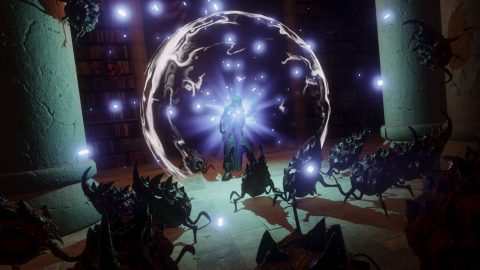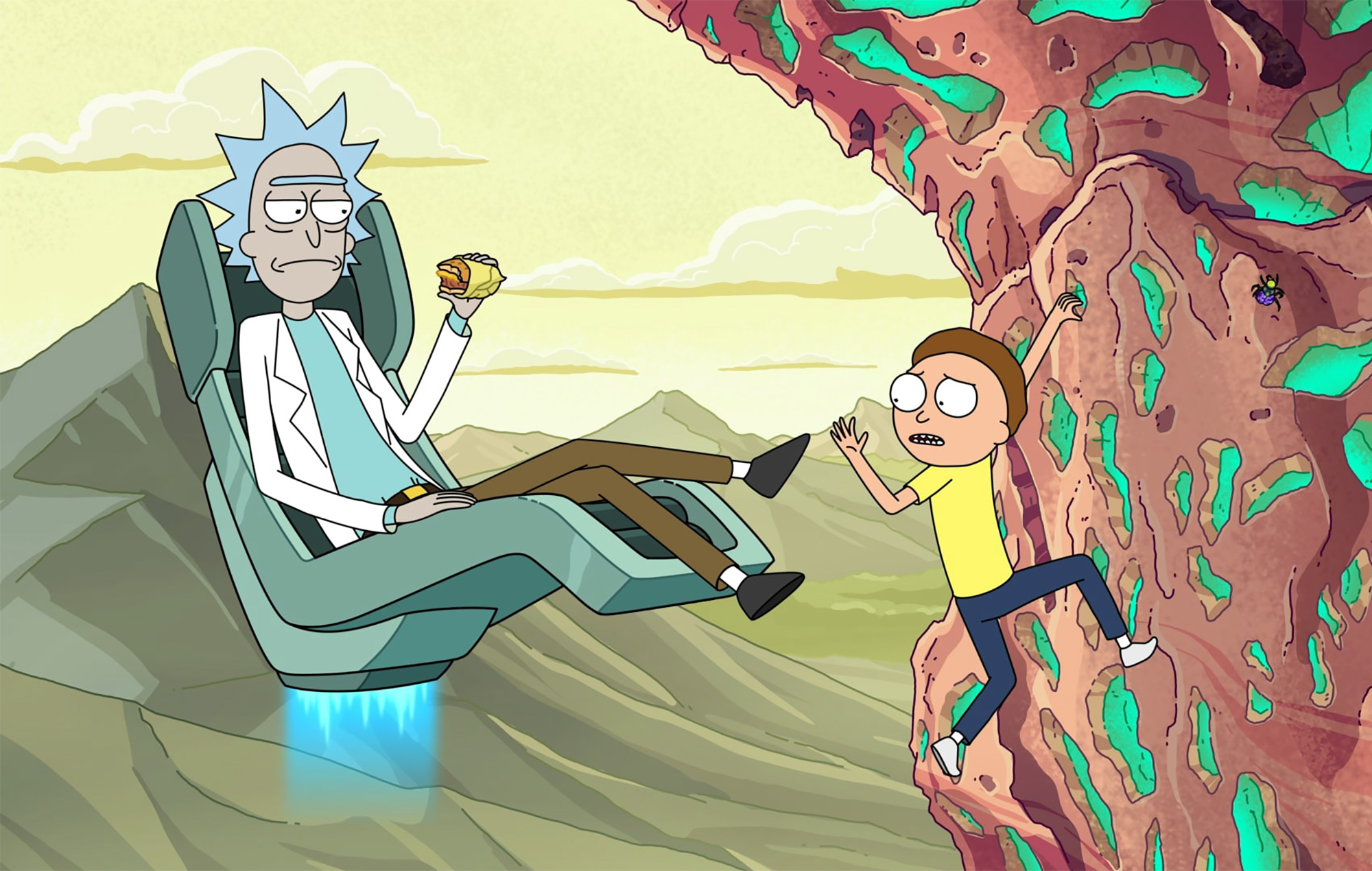
Cinematically, I’m a sucker for a sequel. No matter how time-traveling the sharknado or how high the Jar Jar quotient, I’m buying a ticket. I took Prometheus seriously. I stuck with Saw long after Jigsaw’s umpteenth accomplice started knocking up death traps the size and complexity of a rusty Hadron Collider in order to punish casual litterers. Borat 2 could have destroyed the political career of YouTuber Rudy Mancuso and I’d have lapped it up. I don’t even recoil in horror at the words ‘Avatar 2’.
It’s the junkie mentality, chasing that mind-blowing initial rush through endless nights of dopamine disappointment. Which is why sitting alone in the dark watching Insidious: The Last Key inspires exactly the same level of self-loathing as sitting in a Morrison’s car park injecting crack into your foreskin. But sequel albums? Don’t have quite the same compulsive draw, do they? Albums don’t generally have heroes, twists or cliffhangers. You rarely emerge from an AC/DC record wondering where it might have gone next, or find yourself desperate to follow the ongoing character development of Bombay Bicycle Club.
With its aspirations to cinematic sounds and themes, historically the sequel album has been very much a hip-hop phenomenon, rappers rushing out follow-up records and mixtapes of leftover tracks from their breakthough Blueprints, or dedicating their careers to exposing the truth about the Killuminati. Prog and metal acts have widely employed the practice too; it’s tough to condense the full sonic possibility of a tubular bell, or capture the all-encompassing evil of the demon Gilgamesh, in one initial 130-minute instalment.
In the world of rock, though, where the sequel album often has little to no connection to the original, it has always felt like a desperate scream from the dumper’s edge. A last ditch attempt to claw back a long-faded fanbase by making out you’ve suddenly regained the brilliance of your billion-selling debut despite having churned out solid dross for at least a decade. The Bat Out Of Hell trilogy? I mean, two out of three weren’t bad.
In lockdown, though, all that’s changed. News of both Paul McCartney releasing ‘McCartney III’ in December and The Smashing Pumpkins working up a 33-track final album in the ‘rock opera’ trilogy encompassing 1995’s ‘Mellon Collie And The Infinite Sadness’ and 2000’s semi-sequel ‘Machina/The Machines Of God’ has lightened my lockdown every bit as much as Borat’s traditional fertility dance.
It’s not just heartening to know that the isolations of 2020 have sent Macca back to the same insular mentality that produced the lo-fi intimacies of 1970’s ‘McCartney’, or the revolutionary synth-pop tunes about casual staff from 1980’s ‘McCartney II’. Nor that Billy Corgan, at least, is using the downtime to conceive some insane monster extravaganza about sci-fi cyber-vampires (or something) for the post-pandemic age. It’s that, like the 500(!) Twitter listening parties held by Tim Burgess since March, these are records that remind us of less troubled and traumatic times, and promise that music – despite the efforts of Rishi Sunak to get all artists to retrain as Governmental lunchbox stealers – will endure.
If, like me, you’ve spent the last six months mainlining Dave, you’ll know that anything that whisks us back to simpler, pre-Covid days for 45 minutes or so is a lifeline in that long, lonely hour we’d otherwise spend drinking after 10. Which, with such a demand for familiar, reassuring distractions, should logically make 2020 the year of the sequel album. Imagine the stories left untold. Are ‘Born To Run’’s teen rebels still buzzing off into the future on their suicide mobility scooters? Which questionable political viewpoints did Morrissey have to agree with to survive a stretch in ‘Strangeways…’? Was Radiohead’s computer OK?
And this is surely the time for Oasis to finally make ‘(What Was The Fucking Story, Actually) Morning Glory?’. There are so many confusing loose ends from the first one. Did Liam ever seal the deal with ‘She’s Electric’’s mum? Did he beat the cannonball to the end of the hall (we’ve had a tenner on him since 1995)? And did anyone ever find him caught beneath the landslide in the champagne supernova in the sky, or did he have to hack off his own arm with a shard of Moët flute to escape?

In cinema we welcome the sequel as a continuing popular narrative; in gaming they’re often acclaimed as ground-breaking next-gen improvements on a franchise. In music, though, every new album by an act is a de facto follow-up to the last, expected to move their sonic story on, surprise twists and all; here, the sort of musical stagnation implied by the sequel album is frowned upon. Aren’t you all supposed to be striving to make your ‘White Album’s and invent the New Music at all times? Giving an audience more of the same is considered a sign of inspirational impotence, let alone whacking the same title on it again. Don’t blame us critics; blame Lennon.
But times like these call for extraordinary measures; a suspension of the rules of the ‘old normal’ for the good of the public’s communal sanity and comfort. For the next six months we’ll gladly take familiarity over innovation, so give us more of what we loved in the before-times, all packaged up in reminders of brilliance past. Except you, The Darkness – this is not permission to re-land.
The post From Paul McCartney to Smashing Pumpkins, 2020 is crying out for sequel albums appeared first on NME Music News, Reviews, Videos, Galleries, Tickets and Blogs | NME.COM.









